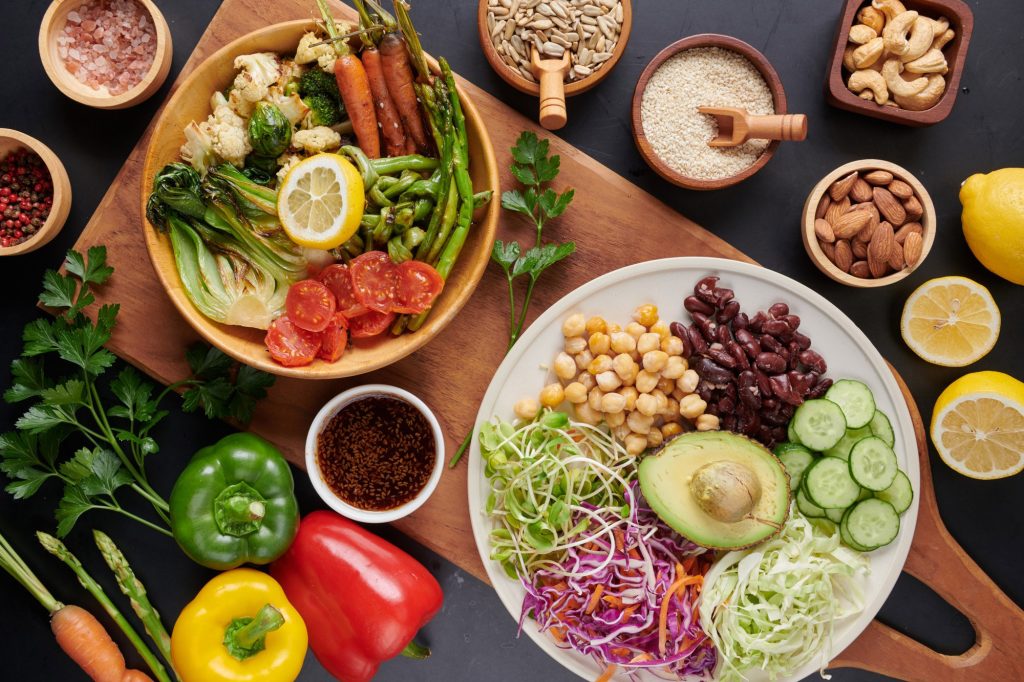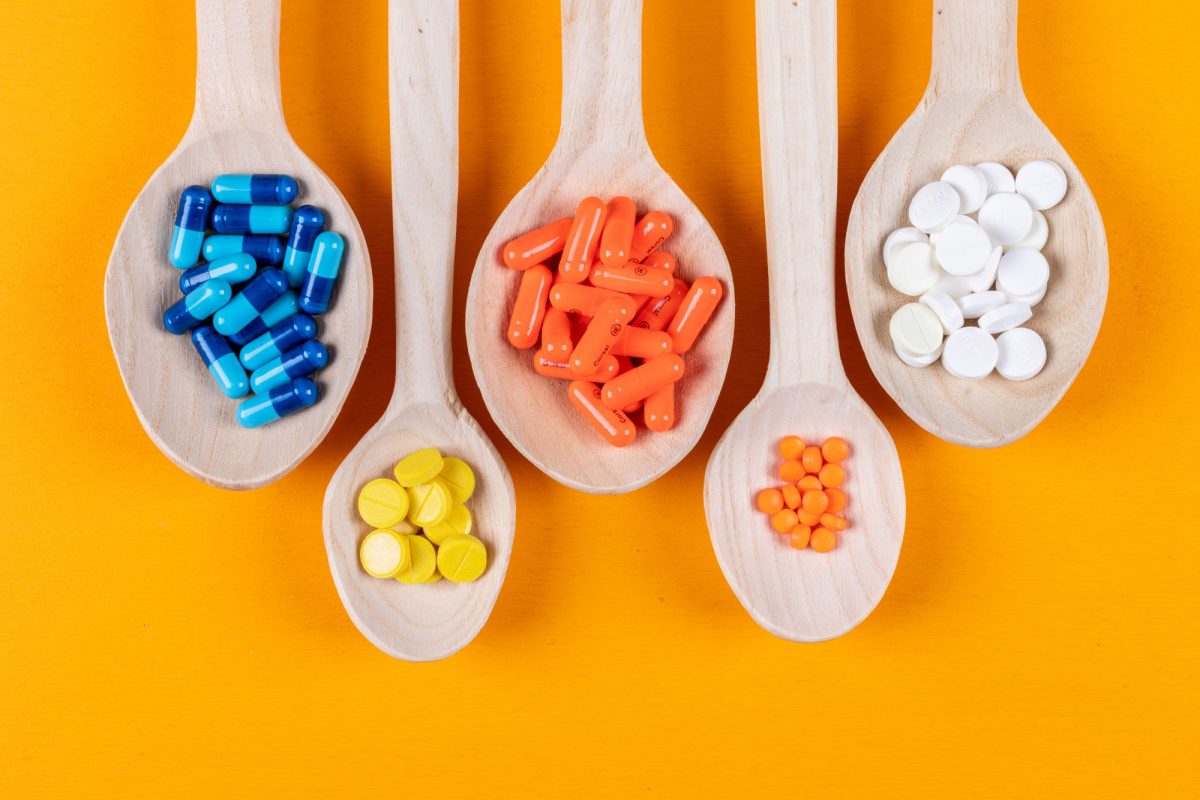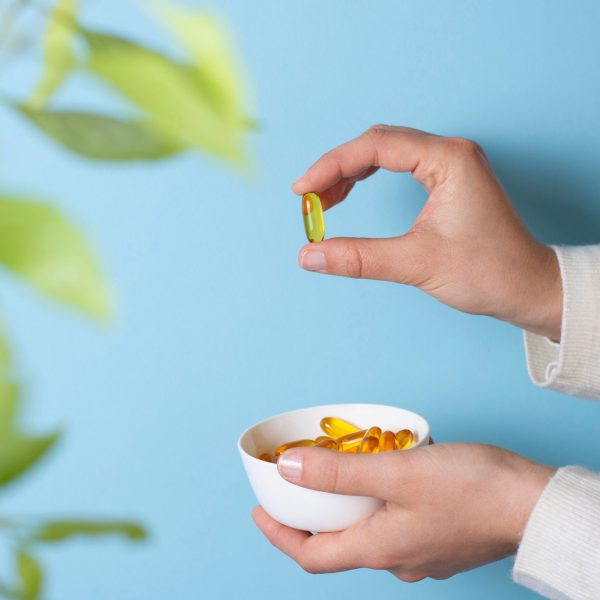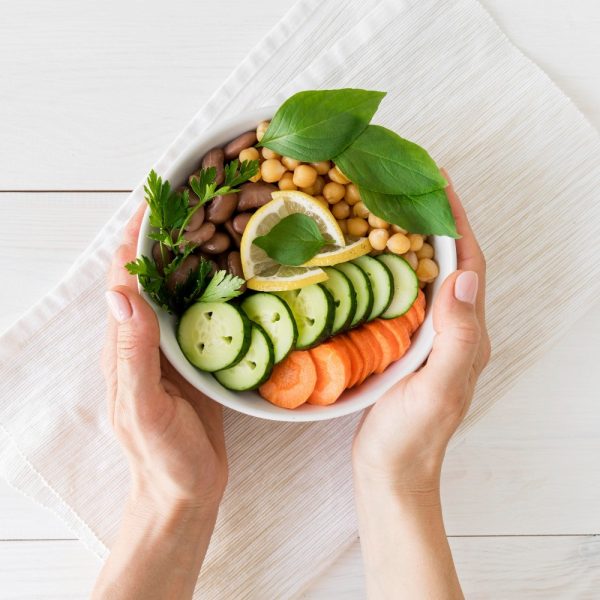When it comes to staying healthy, we all know that eating a balanced diet is essential. But did you know that vitamins and minerals play a crucial role in maintaining good health? These micronutrients are essential for the proper functioning of our bodies, and a deficiency can lead to a variety of health problems. In this blog, we will explore the importance of vitamins and minerals and how you can ensure that you are getting enough of them.
What are Vitamins and Minerals?
Vitamins and minerals are essential micronutrients that our bodies require in small amounts to function properly. Vitamins are organic compounds that our bodies cannot produce, while minerals are inorganic substances that are found in the earth’s crust. There are 13 essential vitamins and 16 essential minerals that our bodies need to maintain good health.
Why are Vitamins and Minerals Important?
Vitamins and minerals are essential for a variety of bodily functions, including:
- Metabolism: Vitamins and minerals play a crucial role in the metabolic processes that convert food into energy.
- Immune System: Many vitamins and minerals are essential for a healthy immune system, which helps us fight off infections and diseases.
- Bone Health: Minerals like calcium and vitamin D are critical for strong bones and teeth.
- Nervous System: Vitamins like B12 and minerals like magnesium are essential for a healthy nervous system.
- Red Blood Cells: Vitamins like B12 and minerals like iron are necessary for the production of red blood cells, which carry oxygen throughout the body.
- Skin and Hair: Vitamins like A and E are essential for healthy skin and hair.
What are the Different Types of Vitamins and Minerals?
Vitamins and minerals are classified into two groups: water-soluble and fat-soluble. Water-soluble vitamins dissolve in water and are not stored in the body, so they need to be replenished daily. Examples of water-soluble vitamins include vitamin C and the B-complex vitamins. Fat-soluble vitamins are stored in the body’s fat tissues and can accumulate to toxic levels if consumed in excess. Examples of fat-soluble vitamins include vitamins A, D, E, and K. Minerals are classified as either macrominerals or trace minerals, depending on the amount that the body requires. Macrominerals are required in larger amounts and include minerals like calcium, magnesium, and potassium. Trace minerals are required in smaller amounts and include minerals like iron, zinc, and selenium.

How Can You Ensure that You are Getting Enough Vitamins and Minerals?
The best way to ensure that you are getting enough vitamins and minerals is to eat a balanced diet that includes a variety of nutrient-dense foods. Here are some tips to help you get started:
- Eat a Rainbow: Include a variety of colourful fruits and vegetables in your diet. Different colours of fruits and vegetables contain different vitamins and minerals, so eating a rainbow ensures that you are getting a variety of nutrients.
- Choose Whole Foods: Processed foods are often stripped of their nutrients. Choose whole, unprocessed foods like fruits, vegetables, whole grains, and lean proteins.
- Get Enough Calcium and Vitamin D: Calcium and vitamin D are critical for strong bones and teeth. Good sources of calcium include dairy products, leafy green vegetables, and fortified foods like tofu and orange juice. Vitamin D can be found in fatty fish, egg yolks, and fortified foods like milk and cereal.
- Include Healthy Fats: Fat-soluble vitamins like A, D, E, and K require fat for absorption. Include healthy fats like nuts, seeds, and avocados in your diet to ensure that you are absorbing these vitamins.
- Consider Supplements: If you have trouble getting enough vitamins and minerals from your diet, consider taking a multivitamin or a targeted supplement. However, it is important to remember that supplements should not be a replacement for a healthy diet.
- Be Aware of Interactions: Some vitamins and minerals can interact with medications or other supplements, so it is important to be aware of any potential interactions before taking any supplements.
If you have any concerns about your vitamin and mineral intake, consult with a healthcare professional. They can help you determine if you are getting enough of the nutrients you need and recommend any necessary supplements.
Takeaway
Vitamins and minerals are essential for good health. By eating a balanced diet that includes a variety of nutrient-dense foods, you can ensure that you are getting enough of these micronutrients. However, if you have any concerns about your vitamin and mineral intake, it is always best to consult with a healthcare professional.





















Share this article